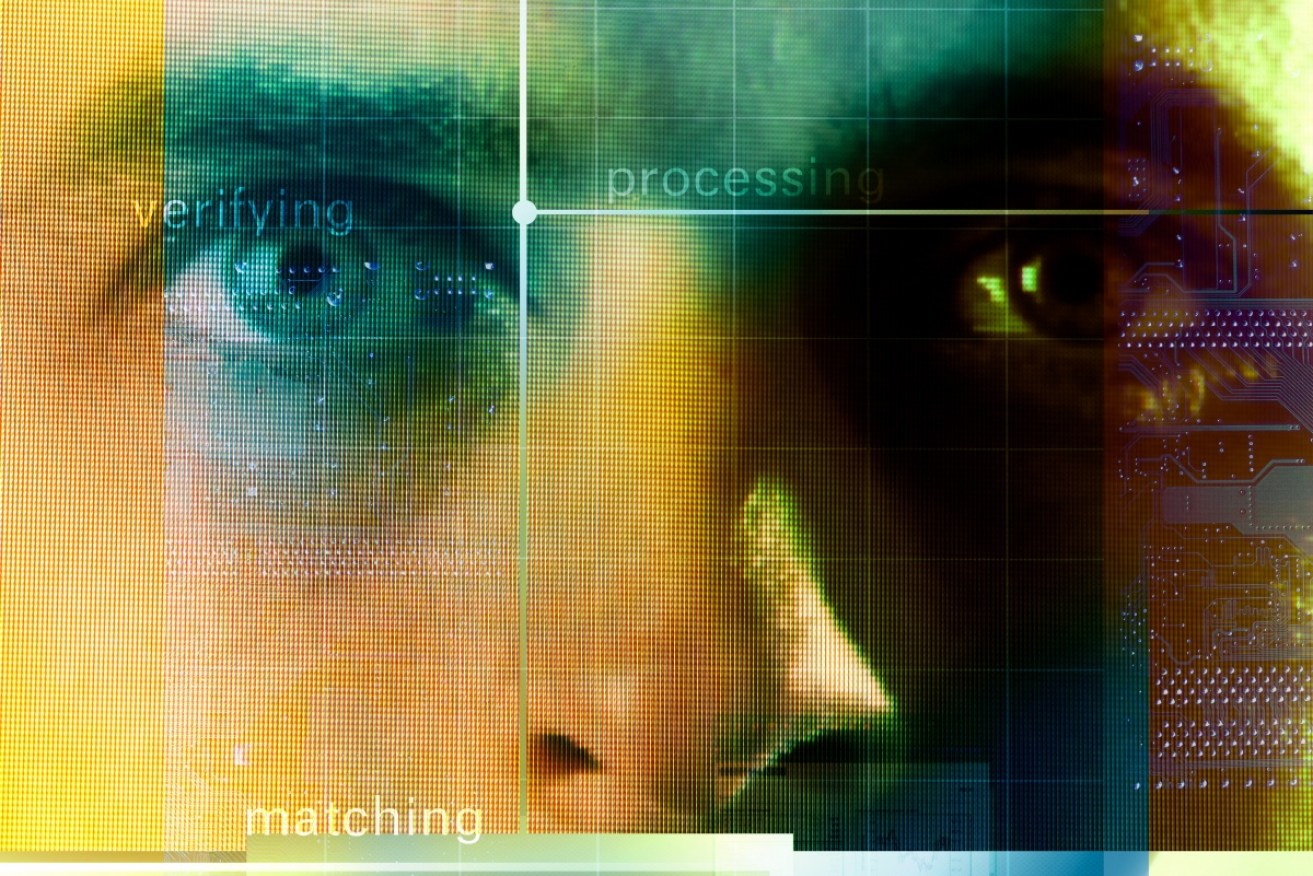Facial recognition plan to get safeguards

The Morrison government remains determined to usher in a Big Brother era of facial-recognition technology. Photo: Getty
The Morrison government has been told to revisit its plan to allow government agencies, banks and phone companies to use facial recognition technology to identify Australians.
The powerful bipartisan Parliamentary Joint Committee on Intelligence and Security has recommended further safeguards be added to the legislation.
That comes after a review of the proposal heard concerns about its potential implications for Australians’ privacy.
“Some participants raised with the committee a need to ensure appropriate governance and accountability, and protection of the individual’s right to privacy,” committee chair and Liberal MP Andrew Hastie told parliament on Thursday.
Mr Hastie said while some of those concerns are addressed in a document explaining the bill, they aren’t in the bill itself.
“In the committee’s view, robust safeguards and appropriate oversight mechanisms should be explained clearly in the legislation.”
Driver’s licence, passport and visa images would be stored by the Department of Home Affairs Under the plan.
The department would not conduct facial matching, but instead operate as a central router for external services.
The private sector and local governments would only be able to use the face verification with a person’s consent.
Mr Hastie stressed many participants of the review supported its intention to combat the growing incidence of identity crime.
“Wanting to ensure the safety and security of all Australians is something that we all have in common, but we also need to protect citizen’s rights while doing so,” he said.
Labor committee member Mark Dreyfus noted that some participants worried that the new regime could be used for mass surveillance, but the opposition does not believe that the coalition is proposing that.
“The government should not object to amending the bill to ensure that those services cannot, as a matter of law, be used in that manner,” he said.
But Mr Dreyfus is concerned about the potential for the new regime to identify people taking part in protests, given recent comments from Home Affairs Minister Peter Dutton.
“It was only this month that the minister for home affairs … called for mandatory prison sentences for people who engage in protest activity, called for the same people to have their welfare payments cancelled, and also called for them to be photographed and publicly shamed.”
In a report, the committee has recommended the regime should be built around privacy, transparency and subject to safeguards.
It should also subject to parliamentary oversight and annual reporting.
The committee has asked for the opportunity to review the legislation once it has been redrafted, along with draft laws dictating facial recognition for passports if they are affected.
The proposed identity matching services laws were agreed in a meeting of all Australian state and territory leaders with then-prime minister Malcolm Turnbull in October 2017.
The government first introduced the legislation to parliament in February 2018, but it was reintroduced in July after lapsing at the election.
-AAP








